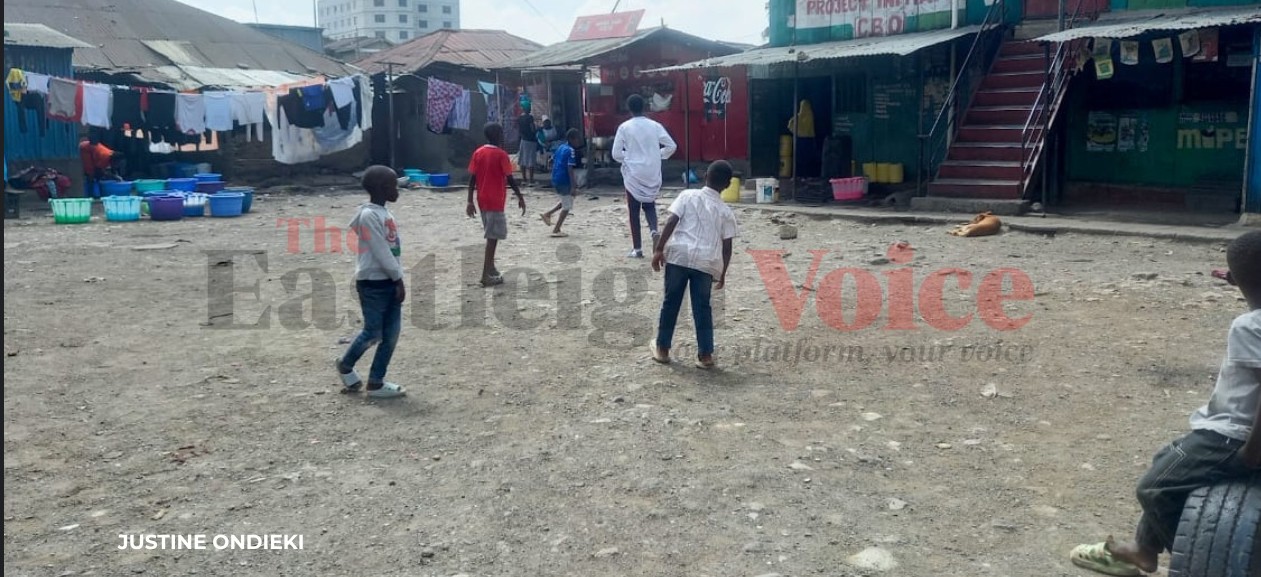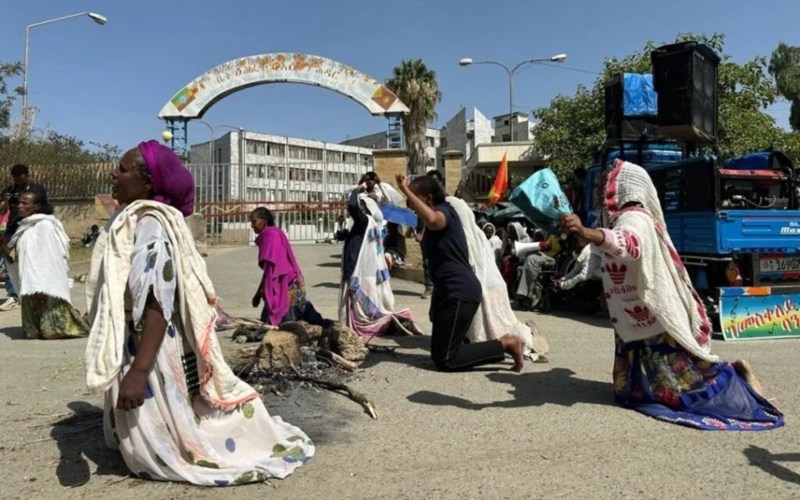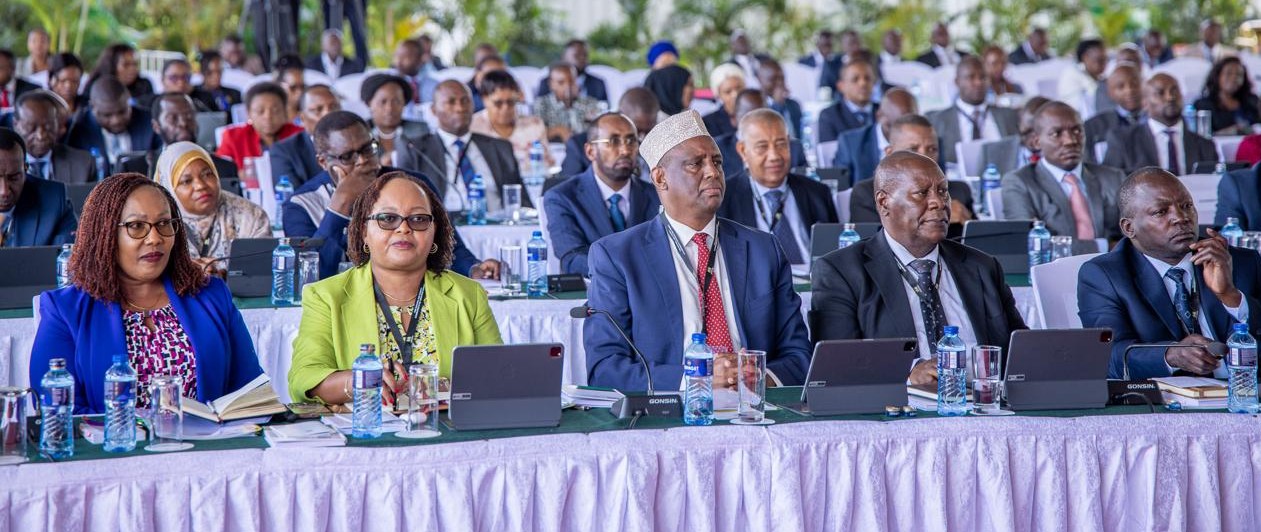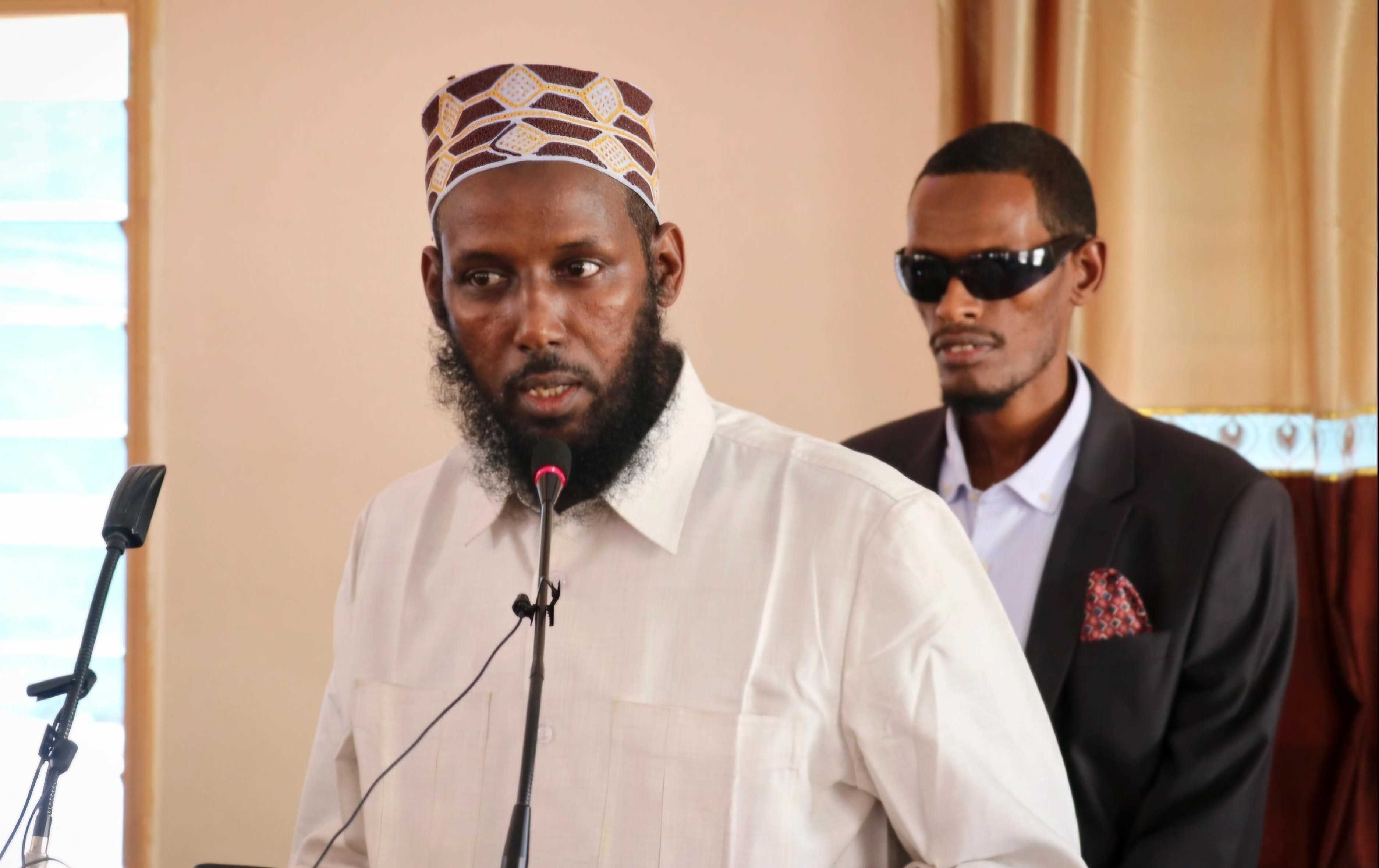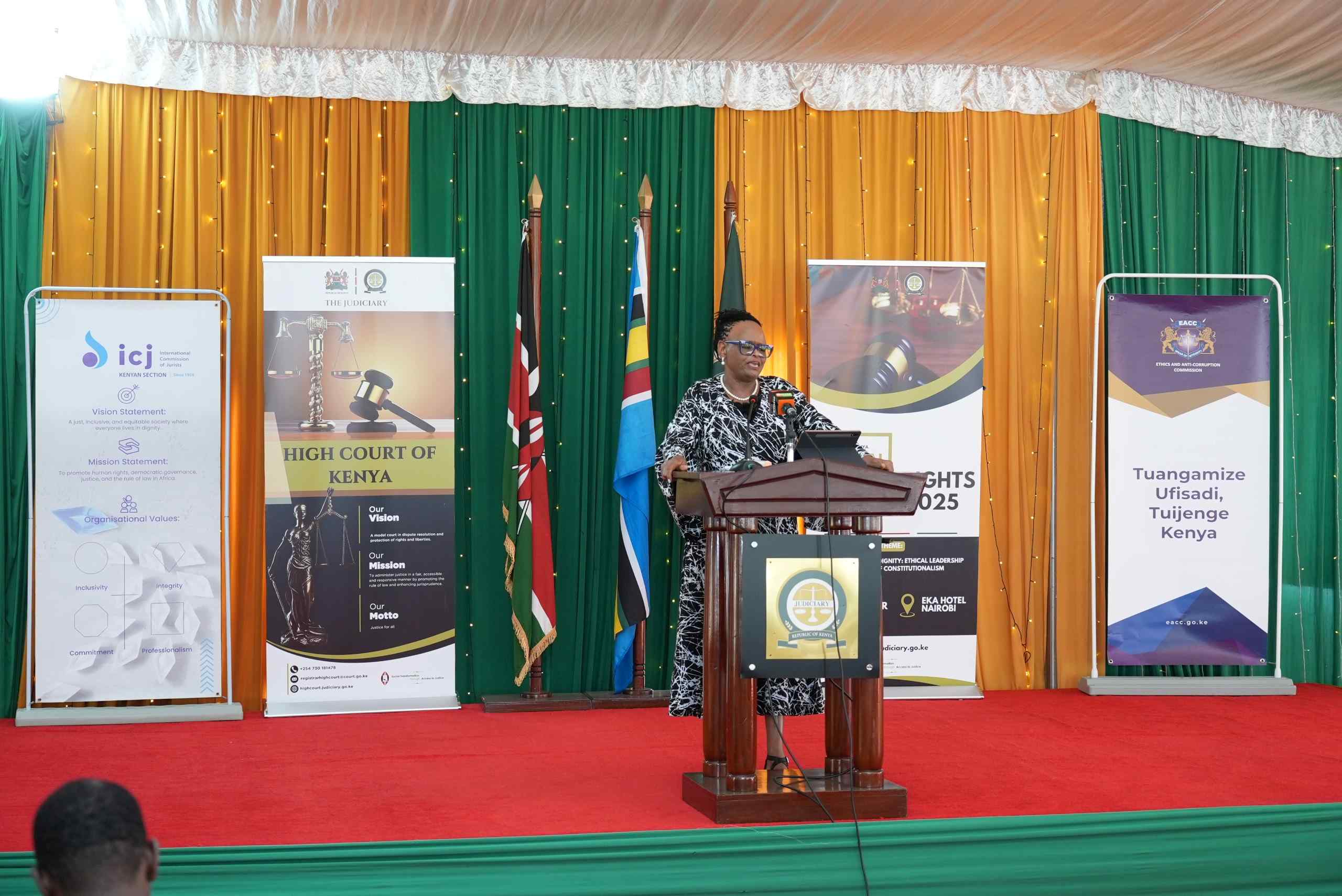Protest but institutions will make decisions, Ruto tells Kenyans on Finance Bill
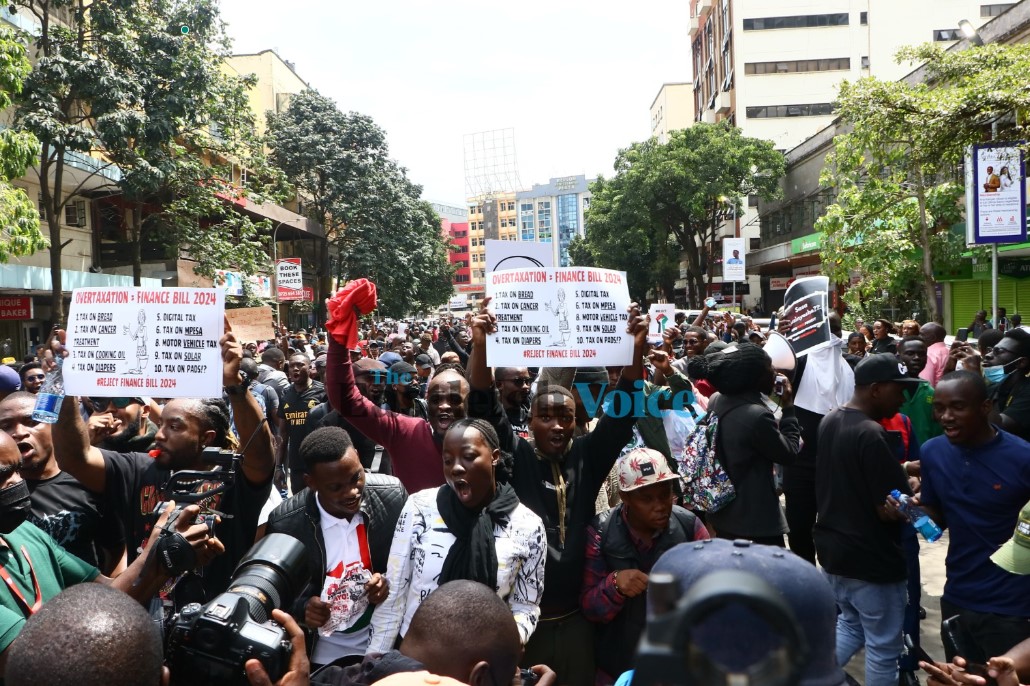
Thus far, with pressure from the public to amend the bill and ease the tax burden on the public, the National Assembly Finance and National Planning Committee has dropped several controversial proposals.
President William Ruto has addressed the ongoing anti-Finance Bill protests, saying the public has a right to picket but noting that institutions have to make the decisions at the end of the day.
Ruto spoke at the State House in Nairobi on Wednesday as "Occupy Parliament" protests took place in Mombasa, having been launched in Nairobi on Tuesday.
More To Read
- How Trump–Ruto health deal fills the void left after USAID exit
- UNAIDS hails Kenya–US health framework as major boost for HIV response
- Kenya, US sign Sh208 billion health cooperation deal to transform to strengthen primary care, services
- Ruto backs IMF partnership as key to Kenya’s debt, economic reforms
- Tough decisions stabilised the economy, saved Kenya from shame – Ruto
- Ruto and Oburu strengthen UDA-ODM alliance after by-election win
“We are a democratic country and we have no problem. Those who want to demonstrate can demonstrate. It is their right but the decisions have to be made by institutions,” he said.
The president vowed to sustain the democracy of the country and all institutions, ensuring they effectively serve the people, to drive Kenya's growth and protect its future.
“Every arm of government is doing their assignment and carrying out their mandate and I will make sure that, as president, I respect institutions so that we can make the right decisions and centralise the place of the people of Kenya. Civil society is free to do what they want to do."
He said these institutions must play their roles to sustain Kenya's mega reform plan—turning from a debt-reliant to a self-reliant nation.
Public participation
Ruto further said that his Kenya Kwanza administration would follow proper decision-making channels, ensuring all Kenyans' involvement.
He noted that while the Executive proposes where it wants the country to go, the people of Kenya have the ultimate say through public participation.
In the process, he said, those dissatisfied with the decisions must pursue court action, as this is how democracy works.
“I am a great believer in democracy so I will make sure Kenya continues to be a robust democracy where people speak their minds," he said, adding that the people's voices give the government's plans legitimacy.
“The Executive has done its part. We have proposed where we think the country should go. The Legislature will internalise it (the bill) and the proposals will be subjected to public participation."
We have had a robust public engagement on the proposed Finance Bill. We have adjusted the document accordingly. We are glad we are having conversations about issues, and our institutions are working. This is how democracies function.
— William Samoei Ruto, PhD (@WilliamsRuto) June 18, 2024
At @StateHouseKenya, Nairobi, hosted the… pic.twitter.com/6O27so6bBP
Vote set for next week
Thus far, with pressure from the public to amend the bill and ease the tax burden on the public, the National Assembly Finance and National Planning Committee has dropped several controversial proposals after gathering various views during the public participation exercise that closed last Monday.
The committee has, for instance, recommended the deletion of the proposed 2.5 per cent motor vehicle tax, saying the tax is discriminatory and non-progressive.
It has also recommended repealing the 16 per cent VAT on bread, saying that if the tax is imposed, it will make the basic commodity less affordable, beyond the affordability of many Kenyans.
Members of Parliament will vote on the contentious Finance Bill next week and Ruto has, in the meantime, praised the public for discussions about taxes and debts, noting their awareness of key issues as the country continues to pursue less reliance on foreign lenders.
— State House Kenya (@StateHouseKenya) June 18, 2024
Hundreds arrested
During Tuesday's protests in the Nairobi central business district, the police reportedly arrested at least 200 people as they used tear gas and water cannons to quell the demonstrations.
Those arrested were taken to the Central Police Station and released hours later.
The police had prohibited the protests but the organisers said they had met all requirements and would be peaceful.
The right to protest is enshrined in Article 37 of the Constitution, which states, "Every person has the right, peaceably and unarmed, to assemble, to demonstrate, to picket, and to present petitions to public authorities.
Top Stories Today
